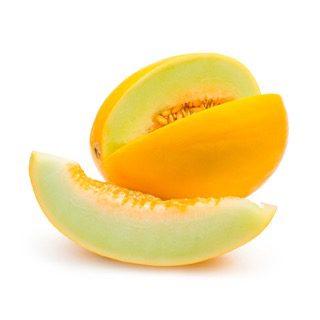

While most varieties of melon are safe for dogs to eat in moderation, it’s important to take precautions to ensure their safety. Melons are rich in antioxidants that can help reduce the risk of cancer, arthritis, and heart disease in dogs, but some varieties may have poisonous seeds. Always remove the seeds and cut the fruit into bite-sized pieces to prevent choking hazards.
Melons can provide a range of health benefits for dogs, including antioxidants that can help reduce the risk of cancer, arthritis, and heart disease. Additionally, the dietary fiber in melons can promote healthy digestion, and the high water content can help dogs stay hydrated.
While melons are generally safe for dogs, some varieties may have poisonous seeds, and excessive consumption can cause digestive issues such as diarrhea. Additionally, the seeds can pose a choking hazard or cause intestinal blockages in dogs. Always remove the seeds and practice caution when feeding melons to your dog.
When serving melon to your dog, always remove the rind and seeds and cut the flesh into bite-sized pieces. Ripe melon can be enjoyed raw or frozen, and should be given to your dog in moderation as an occasional treat.
Melons, also known as muskmelons, are a type of fruit that can be safe for dogs to eat in moderation. Common types of melons include cantaloupe, honeydew, and watermelon. They originated in Africa and Southwest Asia but are now widely grown in many parts of the world. Melons are rich in antioxidants that can help reduce the risk of cancer, arthritis, and heart disease in dogs. Additionally, the high water content can help dogs stay hydrated, and the dietary fiber can promote healthy digestion. However, some varieties may have poisonous seeds, and excessive consumption can cause digestive issues such as diarrhea. Always remove the seeds and practice caution when feeding melons to your dog. Melons are generally affordable and easy to access, especially during their peak season. When serving melon to your dog, always remove the rind and seeds and cut the flesh into bite-sized pieces. Ripe melon can be enjoyed raw or frozen and should only be given as an occasional treat. Two alternatives to melons for dogs are bananas and blueberries, which are also rich in antioxidants and safe for dogs in moderation. Have you given your dog melons before? How did they like it? Remember to always practice caution and moderation when feeding your furry friend.
A friendly message to your pet: Hey there, furry friend! While melons can be a tasty and healthy treat for you, make sure to enjoy them in moderation and always have your human remove the seeds and rind. Stay hydrated and keep those antioxidants coming!